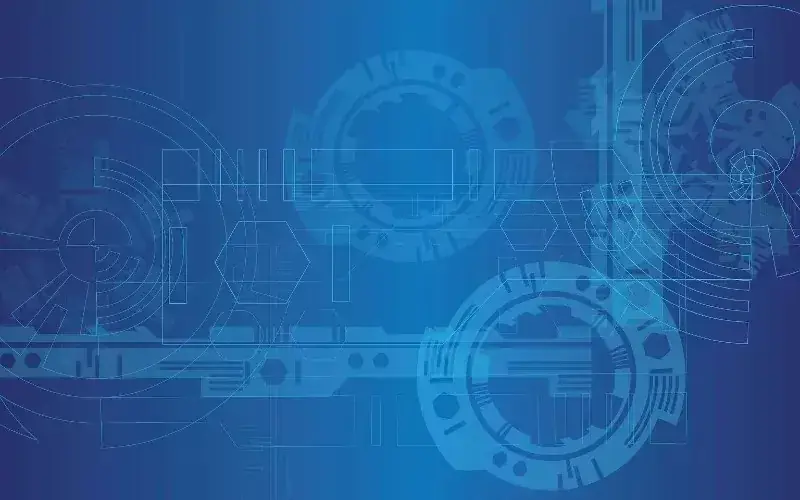Gamers worldwide are stepping up to assist Syrian war victims in an innovative way. Leveraging their powerful gaming computers, they are participating in a UNICEF initiative. This programme encourages players to mine Ethereum, a popular cryptocurrency, for humanitarian aid.
The ‘Game Chaingers’ programme, launched by UNICEF, enables gamers to donate their GPU time. By doing so, they can mine Ethereum, which is then used to support children affected by the Syrian civil war. This initiative represents a novel approach to humanitarian fundraising, utilising the technological prowess of the gaming community.
Innovative Humanitarian Fundraising
The Game Chaingers programme is a unique method of raising funds. Traditional humanitarian collections often target the same donors repeatedly, but this approach taps into a different resource. By leveraging the processing power of gaming computers, the programme turns virtual resources into real-world aid. It is a clear demonstration of how technology can intersect with philanthropy in impactful ways.
According to UNICEF’s website, cryptocurrencies allow for a revolutionary approach to fundraising. The programme simplifies the process for volunteers; all they need to do is fill in their system details and download the mining software. This straightforward process has attracted numerous participants, showcasing the potential of such innovative methods.
Impact and Participation
To date, the initiative has raised €1,058 through the efforts of 471 contributors. At the time of writing, 48 of these participants were actively mining Ethereum. This level of participation underscores the readiness of the gaming community to support humanitarian causes.
The programme is set to run until March 31st. This timeframe allows for sustained contributions and maximises the potential impact of the initiative. The funds raised are directed into UNICEF’s wallet, ensuring they are used effectively to support Syrian children.
The Role of Cryptocurrencies in Charity
Cryptocurrencies, such as Ethereum, provide a unique avenue for charitable donations. Unlike traditional currencies, they can be mined using computer processing power. This method transforms gaming PCs into fundraising tools, making it easier for people to contribute without having to directly donate money.
Ethereum, the chosen cryptocurrency for this programme, is particularly suited to this type of fundraising. Its mining process can be carried out more easily on consumer-grade hardware compared to other cryptocurrencies. This accessibility has been crucial in garnering the support of the gaming community.
The use of cryptocurrencies also ensures transparency in the use of funds. Each transaction is recorded on the blockchain, providing a clear audit trail. This transparency is essential in building trust with donors and ensuring the legitimacy of the fundraising effort.
Ease of Participation
The process for volunteers to join the Game Chaingers programme is simple and user-friendly. They need to provide their system specifications and download the designated mining software. Once set up, their computers automatically mine Ethereum, which is then transferred to UNICEF’s wallet.
This ease of participation has been a key factor in the programme’s success. It lowers the barrier to entry, allowing more people to contribute. The gaming community, known for its technical savvy, has found it easy to get involved and support this cause.
UNICEF’s Expectations and Future Plans
UNICEF hopes that this programme will not only raise significant funds but also raise awareness about the potential of cryptocurrencies in humanitarian efforts. The success of Game Chaingers could pave the way for similar initiatives in the future. By showcasing the effectiveness of this method, UNICEF aims to inspire other organisations to explore technological solutions for fundraising.
The organisation sees this as the beginning of a new era in charity. Cryptocurrencies offer a way to engage a younger, more tech-savvy audience in philanthropic activities. This approach could revolutionise how charities operate, making them more efficient and far-reaching.
UNICEF is also exploring partnerships with other gaming communities and tech companies to expand this initiative. Such collaborations could help scale the programme and increase its impact, providing more resources for those in need.
Community Reception
The reaction from the gaming community has been overwhelmingly positive. Many gamers see this as an opportunity to use their skills and resources for a good cause. Social media platforms have been instrumental in spreading the word and encouraging participation.
Testimonials from participants highlight the programme’s accessibility and the satisfaction of contributing to a meaningful cause. One gamer mentioned, “It’s amazing to think that my gaming PC, which usually just sits there, can now help children in need.” This sentiment is echoed by many others who have joined the initiative.
Future Potential
The success of Game Chaingers opens the door for more innovative fundraising methods. Other organisations may look to cryptocurrencies as a viable option for their own campaigns. This could lead to a broader acceptance and utilisation of digital currencies in the non-profit sector.
The Game Chaingers programme by UNICEF highlights a novel intersection of technology and philanthropy. By utilising the gaming community’s resources, significant funds are being raised for Syrian war victims. This initiative not only provides immediate relief but also sets a precedent for future fundraising efforts. The positive reception from gamers indicates a promising future for similar humanitarian projects leveraging cryptocurrencies.


